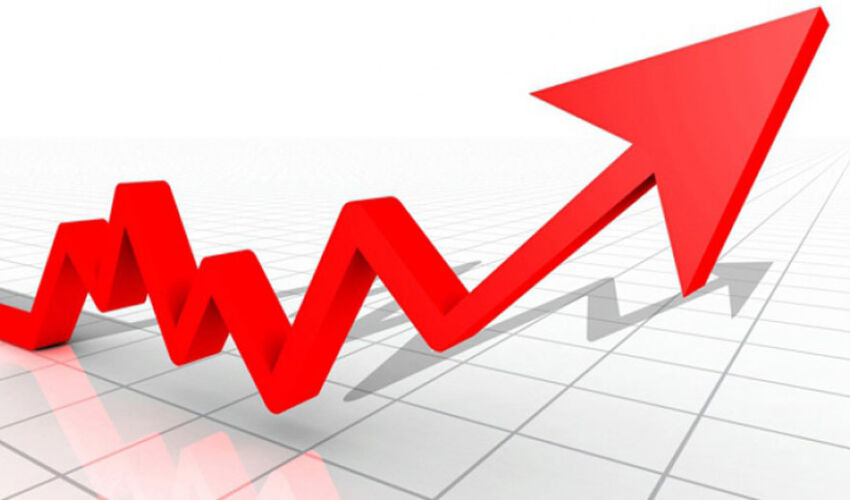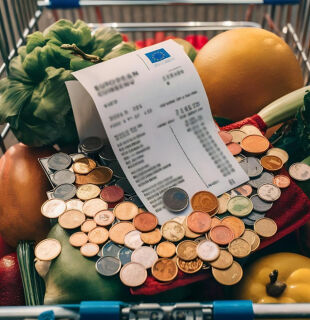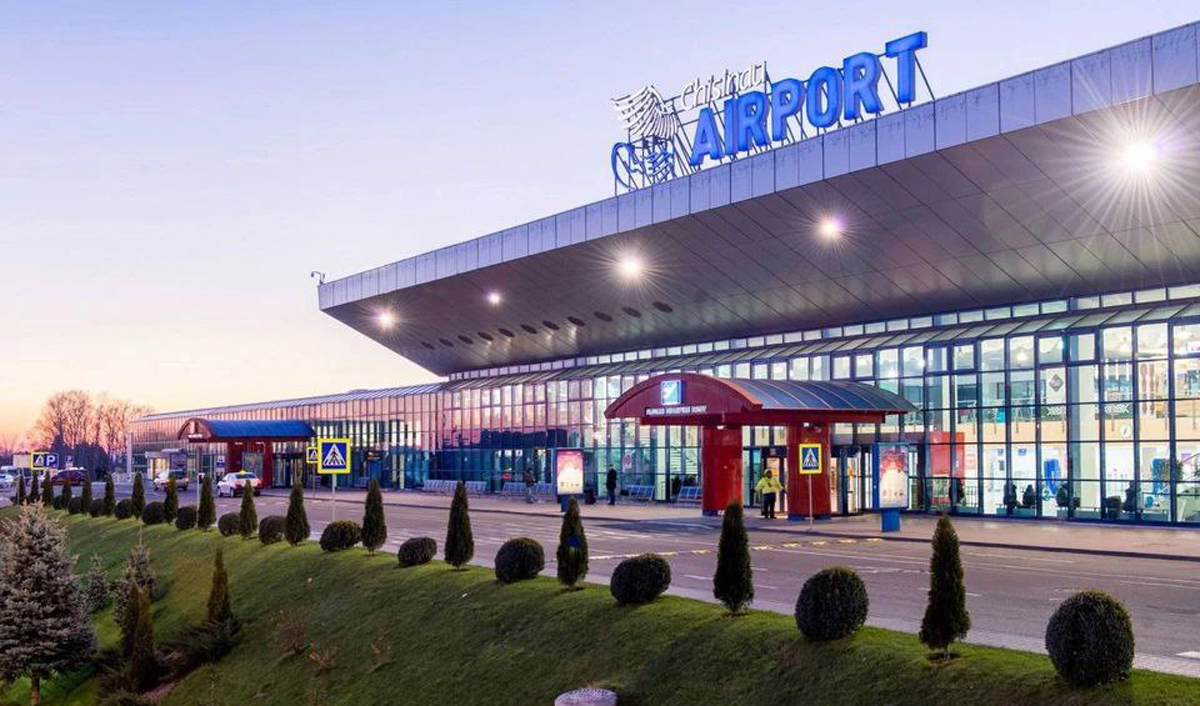
Over the past 12 months (March to March), average consumer prices rose by 8.8%, the NBS reported. Including food products – by 9%, non-food products – by 3% and consumer services – by 17.1%. At the same time, average prices have increased by 3.7% since the beginning of the year.
Monthly inflation after the peak in January (9.12%) slowed down slightly in February, and in March it accelerated again (0.6%). The growth of average consumer prices was mainly due to the rise in prices of services to the population. The most sharply increased regulated tariffs for water supply and sewerage services (by 2.8%), public catering services (by 2.4%) and medical services (by 0.5%).
Monthly price hikes in March were also registered in the group of food products: the highest growth was registered for vegetables – by 7.8%, fruits – by 6.2%, vegetable oil – by 4.0%. The inflation was somewhat mitigated by a decrease in prices for chicken eggs – by 10.5%, sugar – by 0.2%.
The disinflationary impact in March was mainly exerted by the group of non-food products. Fuel became cheaper and prices for transportation services decreased (by 2.1%), in particular, due to a decrease in average prices for international air transportation (by 8.2%). The growth of average tariffs for railway transportation services (by about 14.9%) did not exert inflationary pressure.
The annual inflation rate is still outside the upper boundary of the NBM target range and is not going to return to it yet. This means that in the near future we should not expect any easing of the monetary policy. In any case – until the summer.













